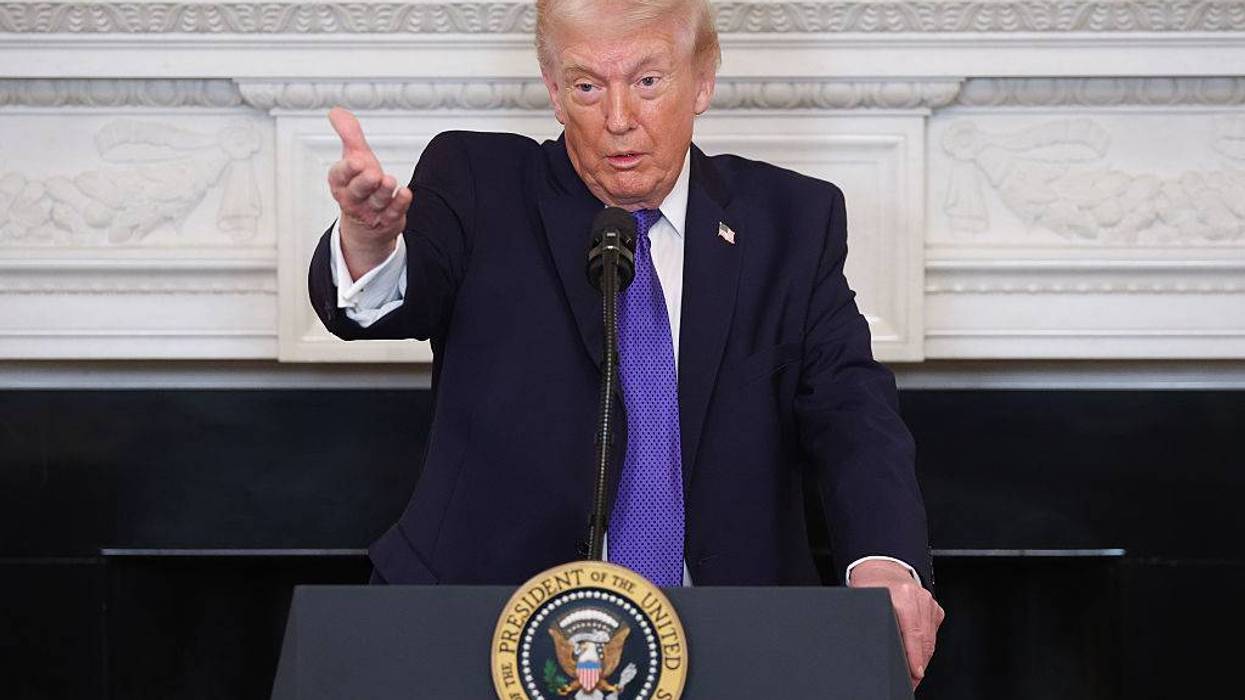Global energy intensity increased 1.35 percent in 2010, reversing a broader trend of decline over the last 30 years, according to a new Vital Signs Online article from the Worldwatch Institute. Energy intensity, defined as total energy consumption divided by gross world product, has been growing faster than the global economy for the past two years, even though energy intensity overall has declined over the past decade. The article highlights reasons for these changes in emerging economies and industrialized countries, including China and the United States, and predicts that global energy intensity will return to an overall decline over the long term as economies opt for more sustainable development.
Between 1981 and 2010, global energy intensity decreased by about 20.5 percent, or 0.8 percent annually. "During this period of decline, most developed countries restructured their economies, and energy-intensive heavy industries accounted for a shrinking share of production," said Haibing Ma, Manager of Worldwatch's China Program, who conducted the research. "New technologies applied to energy production and consumption significantly improved efficiency in almost every aspect of the economy." Particularly during the surge of the so-called "knowledge-based economy" from 1991 to 2000, global economic productivity increased without parallel increases in energy use.
The article notes that worldwide energy efficiency had been increasing steadily until recently. Between 2004 and 2008, global energy intensity experienced its sharpest decline in 30 years, with an average annual growth rate of 1.87 percent. Starting in 2008-09, however, energy intensity again bumped up, experiencing the first rise in three decades. "Increases in economic energy intensity are especially discouraging, even when temporary," said Worldwatch Executive Director Robert Engelman. "With both population and consumption growing worldwide, the capacity of the world's economy to require less energy for each unit of output has been a rare positive trend for the environment. We need to find less energy-intensive ways to put people back to work and improve economic conditions."
In addition to technological advances, price developments play a key role in determining overall energy usage. World crude oil prices more than tripled between 2004 and 2008----the fastest rise since the oil crisis of the late 1970s----contributing to the sharp decline in energy intensity during that period. But after the second half of 2008, when international oil prices dropped 75 percent, global energy intensity started rising.
Energy intensity is declining in many advanced economies, including the United States, Germany, and Japan. The most dramatic declines in industrial countries have occurred in the United States and Germany. Overall, China may have made the most progress worldwide with a 65 percent decline in energy intensity in the past 30 years.
Newly industrialized and transitional countries have experienced more turbulent energy intensity trends. South Korea's energy intensity increased during the country's rapid growth period of the 1980s and 1990s, but then declined sharply following the 1997 Asian Financial Crisis. Since the early 2000s, the Korean government and industry have sought actively to shift the country's energy use patterns by focusing more on advanced technology R&D and clean energy initiatives.
Global energy intensity is likely to keep rising in the next few years as the world continues to rely on large-scale infrastructure development as a means to create jobs and bring the global economy out of recession. However, South Korea's switch to a more environmentally friendly development pattern may mirror global trends. In the long term, a green transition could boost new industries, including clean technology and renewable energy, and cause global energy intensity to continue its decline.
"The area of saving energy and using it more efficiently is one of the two key components of a sustainable energy transition, the other one being renewable energy production," said Alexander Ochs, director of Worldwatch's Climate & Energy program. "Our research has shown that 50 percent or more of global electricity demands can be delivered by renewable energy if - but only if - renewable energy is implemented in tandem with energy efficiency."
Further highlights from the article:
- Global energy intensity declined at an average annual rate of 0.98 percent in the 1980s and 1.40 percent in the 1990s. From 2001 to 2010, the rate dropped to 0.03 percent.
- Between 1981 and 2002, China's energy intensity declined 4.52 percent annually. Between 2005 and 2010, it declined a staggering 15.37 percent, although this fell short of the government's goal of 20 percent. One reason for this shortfall is that more than half of China's 4 trillion RMB (630 billion USD) stimulus plan was invested in infrastructure development, which drove up energy consumption.
Worldwatch's Climate & Energy program identifies key components of energy and transportation systems that aim to de-carbonize the global economy, boost energy efficiency, spur innovation and job creation, address resource scarcity, and reduce local environmental pollution.




